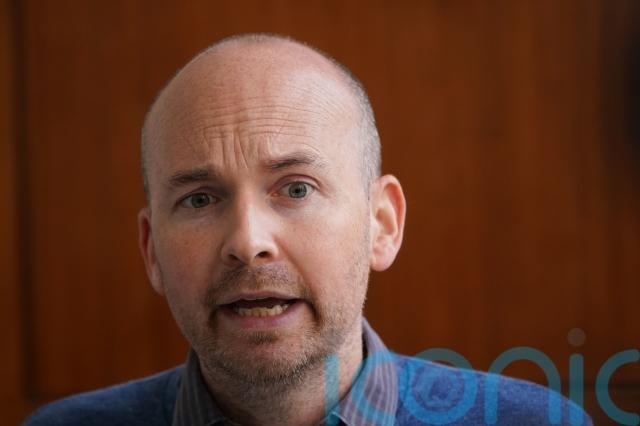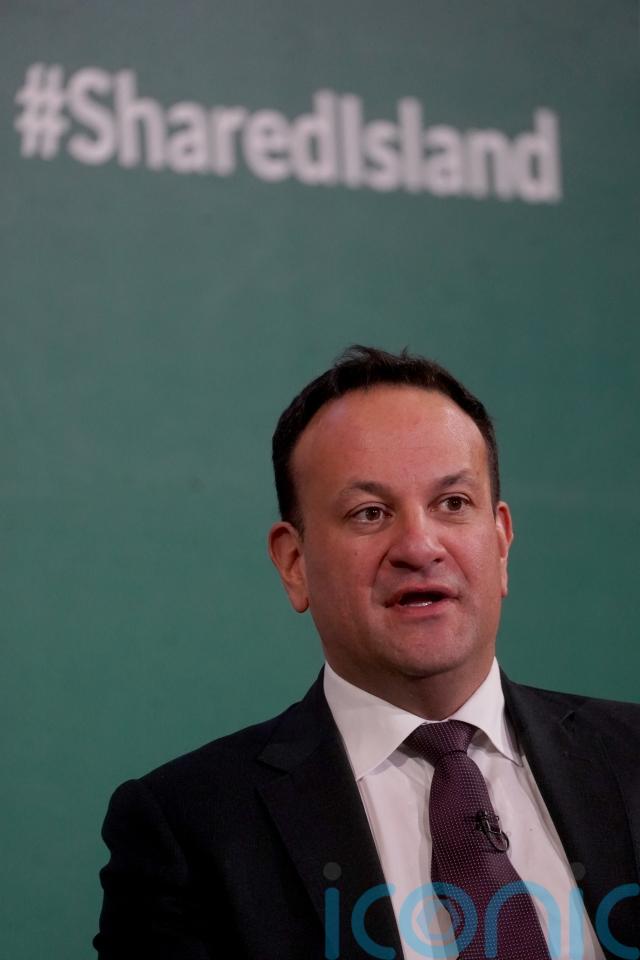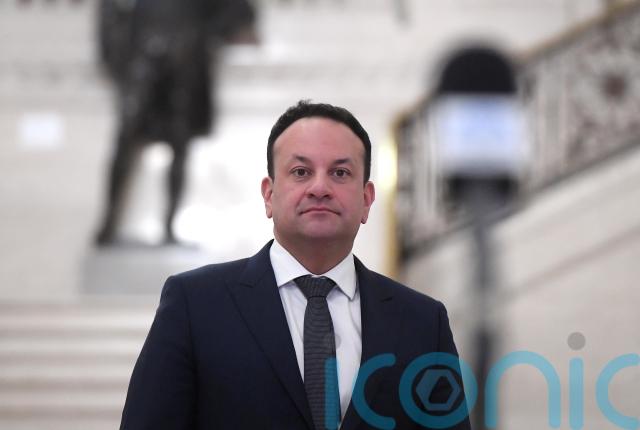
Ireland’s ethics watchdog “fundamentally misunderstood” the statutory framework in which it operates and did not follow proper procedures, the High Court has heard.
The High Court is hearing a case brought by People Before Profit TD Paul Murphy against the Standards In Public Office Commission (Sipo).
Mr Murphy is seeking to quash the decision taken by Sipo not to investigate allegations Taoiseach Leo Varadkar leaked a confidential GP contract to a friend.
Mr Varadkar was told in November 2022 that the ethics watchdog had decided not to investigate his alleged leaking of a GP contract in 2019.

At the time, Sipo said it had “no role” in examining Mr Varadkar over his leaking of a document related to a draft GP contract in 2019 at a time when he was taoiseach.
Sipo said it had decided not to investigate Mr Varadkar’s actions as it did not have the remit to consider “either the lawfulness of the action or the extent of the powers of the office of Taoiseach”.
Senior counsel Feichin McDonagh told the court on Tuesday that Sipo’s reasons for its decision not to investigate Mr Varadkar were not “legally adequate”.
He claimed that Sipo “fundamentally misunderstood” the statutory framework in which it operates, saying it did not follow its proper procedures, and that the reasons set out by the body were “threadbare”.
He said that the Ethics of Public Office Act 1995 says what Sipo can and can’t do in terms of substance, such as scrutinise the code of conduct and advise officeholders on their functions.

Mr McDonagh said there are two issues that Sipo should consider about a complaint, which include whether someone has carried out the proper functions of someone in office as well as maintaining the confidence of the public.
The court was also told that Sipo did not appoint an officer to carry out a preliminary inquiry into the complaint, something that the legislation provides for and which Mr McDonagh said was mandatory.
He said that instead, Sipo carried out its own evidence gathering and was therefore in possession of significant evidence.
The court heard that the commission stated that Mr Varadkar’s disclosure of the document was made in his capacity and role as taoiseach and to further the policy goals of government.
However, Mr McDonagh said that Sipo is not “foreshortened” because Mr Varadkar claimed he was acting in his role as taoiseach. He said that Sipo’s code of conduct does set out that it can investigate how the taoiseach acts.
Mr McDonagh also said that Sipo failed to define the implicit executive functions Mr Varadkar was working under.
He said it was “incumbent” on Sipo to set out what implied executive functions they “found so convincing” so as not to investigate the complaint.
He also said that Sipo was obliged to “interrogate” the implicit powers Mr Varadkar relied on.
The court was told that the complaint was dealt with because of an “unidentified implied function” of the taoiseach, which Mr McDonagh said was “not a reason”.
The court was also told that Sipo “clearly had prima facie” evidence that Mr Varadkar had leaked the document.
Mr McDonagh said that if there was a “constitutional hurdle” that prevented Sipo from investigating Mr Varadkar, then it should be made subject to a judicial review.
“The administrative body cannot in advance decide that the potato is too hot to handle,” he added.
Michael Collins SC for Sipo claimed that appointing an inquiry officer was discretionary and not mandatory as purported by Mr McDonagh.
The commission said that while they decided not to appoint an inquiry officer, they did start an investigation into the matter by contacting Mr Varadkar and asking him a series of questions about the leaked agreement.
According to Mr Collins, the act of Mr Varadkar giving the document to his friend Matthew O Tuathail was so “intimately bound up” with the constitutional function of the Taoiseach’s office that Sipo could not investigate it without the risk of trespassing and interfering with the Executive function.
The barrister also told the court the judicial review is not concerned about the merits of the complaint, but said it needed to look at why the decision was taken not to proceed.
Mr Collins said the court needed to look at what Sipo would have had to get into to proceed with the investigation, including looking at the whole ambit of government policies, the problems of the healthcare sector and the GPs agreement.
He said to investigate whether it was to further government policy would be to “second guess” the actions of the leader of government, something that was not in Sipo’s remit.
Mr Collins also said that following Mr Varadkar’s response to Sipo, it was clear that further evidence would not have advanced the matter.
Mr Collins said there difference between a minister exploiting their public office for gain and the daily decisions taken by politicians.
He told the court that this case “doesn’t come anywhere near the serious breach of duty” that would warrant the commission to investigate it.
Mr Murphy is seeking several reliefs, including an order quashing the decision by Sipo not to carry out an investigation under Section 23 of the Ethics in Public Office Act 1995.
He also seeks a declaration that Sipo’s decision was determined in a manner that breached Mr Murphy’s right to fair procedures and natural and constitutional justice.

He further seeks an order remitting the matter back to Sipo for reconsideration.
In 2022, it was confirmed that Mr Varadkar would not face criminal proceedings over the incident.
The Fine Gael leader had been under investigation by the DPP for passing a copy of an official document to a friend of his.
The Taoiseach said his disclosure of the document was lawful and he did so in the public interest.
Mr Varadkar admitted that in April 2019 he sent a copy of a doctors’ pay deal between the State and the Irish Medical Organisation to Dr Maitiu O Tuathail.
Dr O Tuathail was head of the rival organisation, the National Association of General Practitioners, at the time.
Mr Varadkar has apologised for disclosing the document.
Subscribe or register today to discover more from DonegalLive.ie
Buy the e-paper of the Donegal Democrat, Donegal People's Press, Donegal Post and Inish Times here for instant access to Donegal's premier news titles.
Keep up with the latest news from Donegal with our daily newsletter featuring the most important stories of the day delivered to your inbox every evening at 5pm.